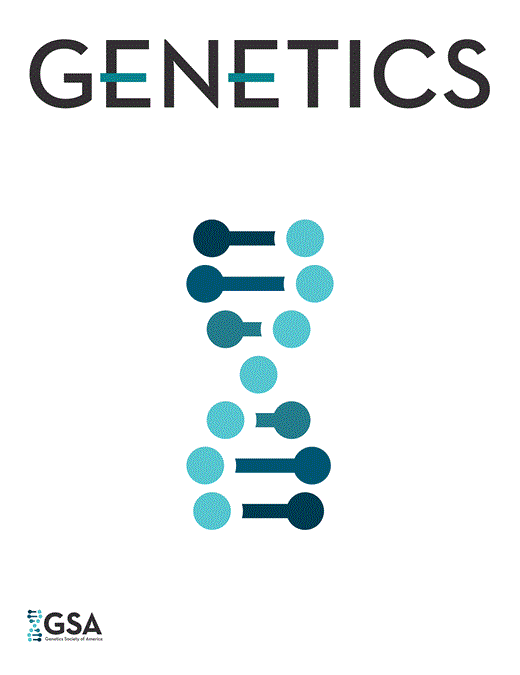-
PDF
- Split View
-
Views
-
Cite
Cite
R Lande, T Price, Genetic correlations and maternal effect coefficients obtained from offspring-parent regression., Genetics, Volume 122, Issue 4, 1 August 1989, Pages 915–922, https://doi.org/10.1093/genetics/122.4.915
Close - Share Icon Share
Abstract
Additive genetic variances and covariances of quantitative characters are necessary to predict the evolutionary response of the mean phenotype vector in a population to natural or artificial selection. Standard formulas for estimating these parameters, from the resemblance between relatives in one or two characters at a time, are biased by natural selection on the parents and by maternal effects. We show how these biases can be removed using a multivariate analysis of offspring-parent regressions. A dynamic model of maternal effects demonstrates that, in addition to the phenotypic variance-covariance matrix of the characters, sufficient parameters for predicting the response of the mean phenotype vector to weak selection are the additive genetic variance-covariance matrix and a set of causal coefficients for maternal effects. These can be simultaneously estimated from offspring-parent regressions alone, in some cases just from the daughter-mother regressions, if all of the important selected and maternal characters have been measured and included in the analysis.



